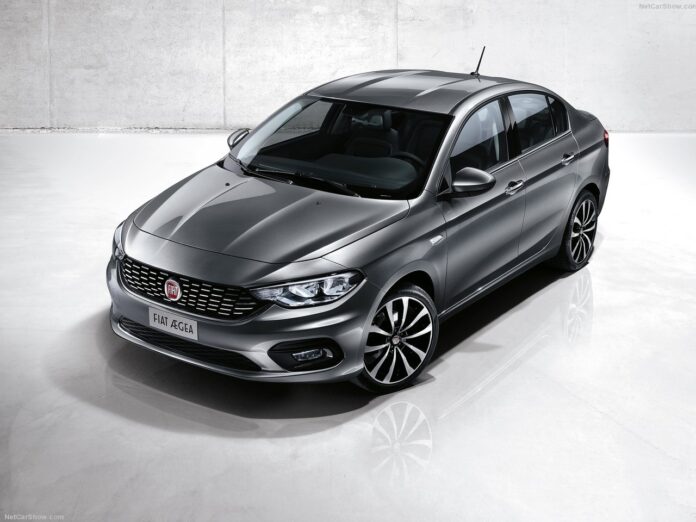Turkish Autos Market in 2025 stays on the rise. YTD sales gained 7.1%, with Renault overtaking Fiat in 1st. BYD surged into the Top 10 while overtaking Togg and Tesla to secure EV leadership.
Economic Environment
Automotive Industry Trend and Outlook
The Turkish Vehicle Market continues to recover from the Q1 slowdown, growing 7.1% up to August 2025 and reporting 816,799 units sold.
Brand-wise Renault -up 1 spot- became the new leader with a 9.9% share (-2.4%), followed by Fiat -down 1 spot- in 2nd (-23%) and Ford in 3rd (+3.2%).
Volkswagen ranked in 4th (+8.1%), followed by Toyota -up 4 spots- in 5th (+57.8%), Peugeot -down 1 spot- in 6th (+24.2%), and Opel -up 1 spot- in 7th (+21.7%).
Hyundai -down 2 spots- ranked into 8th (+7.6%), followed by Citroen -down 2 spots- into 9th (+4.7%) and BYD -up 23 spots- closed the top 10 (+1743%).
EV Market Trend and Outlook
The Turkish EV Sector is gaining momentum, with a 15% share on the vehicles’ total and a year-on-year growth of 152.2% up to August 2025. BYD took the segment by storm, surpassing domestic producer Togg and Tesla and intensifying competition over prices and model offerings.
BYD led the rankings, up 2293.2% and 7 spots, while Tesla rose 465.8% and 1 spot into 2nd. Togg lost its spot as leader, though it still grew 41.4%.
Medium-Term Market Trend
Between 2014 and 2016, Turkey’s vehicle market experienced strong growth, with sales rising from 767,681 to 983,729 units, a 28.1% increase. However, from 2017 to 2019, the market declined, hitting a decade-low of 486,809 units in 2019. This drop was largely due to the 2018 economic crisis, marked by lira depreciation, inflation, and high borrowing costs that reduced consumer purchasing power.
In 2020, despite global COVID-19 challenges, Turkey’s auto market rebounded 58.3%, surpassing 700,000 units. The recovery was driven by pent-up demand, government incentives, and a preference shift toward personal vehicles.
The market slightly contracted by 4.6% in 2021, reaching 735,170 units. However, 2023 saw a dramatic 56.9% surge to 1.24 million units, fueled by improved supply chains, dealer promotions, and more accessible credit. In 2024, the market stabilized with modest 0.8% growth.
The EV segment grew rapidly, with sales up 2547% in 2023 and 47% in 2024, driven by new models, better infrastructure, and rising environmental awareness.
Tables with sales figures
In the tables below we report sales for all Brands and top 10 Manufacturers Groups.











